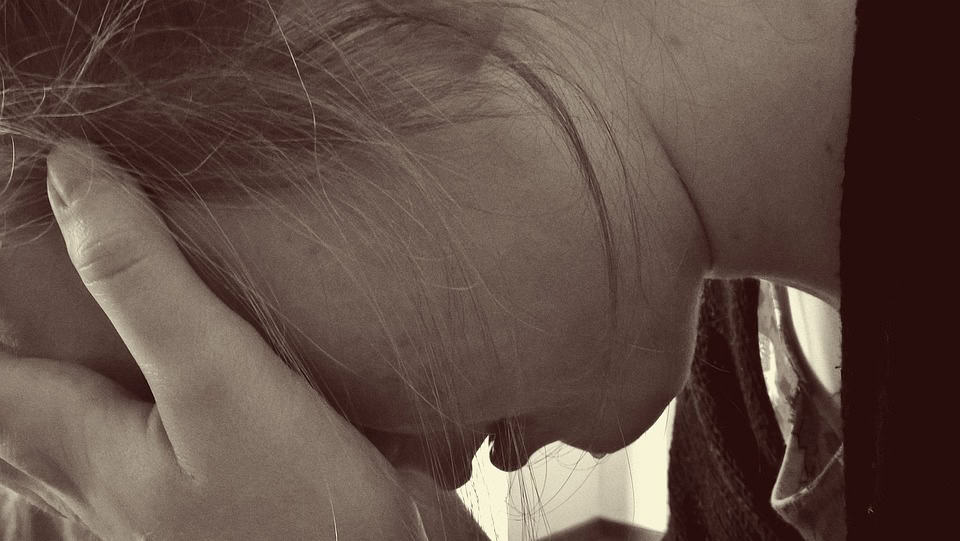
How to talk to your teenager about suicide
The Kellman Brown Academy’s suicide awareness panel on Feb. 28 will tackle an
uncomfortable topic: teens who take their own lives.
“This Life Counts” is funded by Camden County grant projects, according to reporting by The Sun, and is sponsored by The Jewish Family & Children’s Service of Southern New Jersey, in conjunction with Cherry Hill police.
It’s an opportunity for parents and teens to engage in conversations that might be difficult without some guidance.
“It’s a really sensitive subject,” Kellman Brown teacher and guidance counselor Tobi Miller said of teen suicide.
The need can’t be overstated. Since 2000, suicide rates for 10- through 14-year-olds have
doubled. And while rates surged during COVID, mental-health issues in teens were already
getting worse, according to the CDC (Centers for Disease Control)..
Between 2009 and 2019, persistent feelings of sadness or hopelessness in teenagers increased 40%. One CDC official called it “a cry for help.” Data from the agency in 2021 showed more than 37% of high-school students reported poor mental health during the pandemic.
Even more startling are statistics from the Oregon Health and Science University in Portland, Oregon. They show that the past decade – yes decade – has seen “a disturbing increase in suicide attempts among youth across the country,” particularly in pre-teens between 10 and 12 years old.
Cases in that category went from 1,058 in 2010 to more than 5,000 in 2020.
More sobering are numbers from the National Bureau of Economic Research about what has happened post-COVID. Suicide rates among teens 12 to 18 fell when schools were closed during the pandemic, but rose again – by 18% – when they got back to school.
That can be explained by factors like bullying being more prevalent inside schools rather than out and by the fact that teen suicide has long had a seasonal component, according to previous studies. Suicide rates are higher during the school year than during summer vacation.
In or out of school, teen suicide is a major health issue. But there are ways to help, precisely what the Kellman Brown panel will explore.
First, it’s important to know that many teens who attempt or die by suicide have a mental health condition such as depression or substance abuse, according to the Mayo Clinic. As a result, they have trouble coping with age-related issues like stress, school difficulties and family trouble. They may also be unable to see that suicide is a permanent response to often temporary problems.
The Kellman Brown discussion will encourage dialogue between parents and teens to root out troubling issues. That’s a big step in the right direction, according to Mayo, which also suggests parents directly address mental health and suicide and pay attention to warning signs like talking or writing about suicide, social withdraw and mood swings.
Teens may also want to isolate, but they shouldn’t: Parents can encourage time spent with supportive friends and family instead. And while it may seem like an invasion of privacy, they should also monitor their teen’s social media activity.
If you think your teenager is in danger, call 911 or contact a suicide hotline; they can be accessed across the U.S. by calling or texting 988 to reach the 24/7 988 Suicide & Crisis Lifeline. Help is also available on the Lifeline Chat.
And for more information on teen suicide, visit https://www.cdc.gov or
https://www.mayowwwmayoclinic.org









